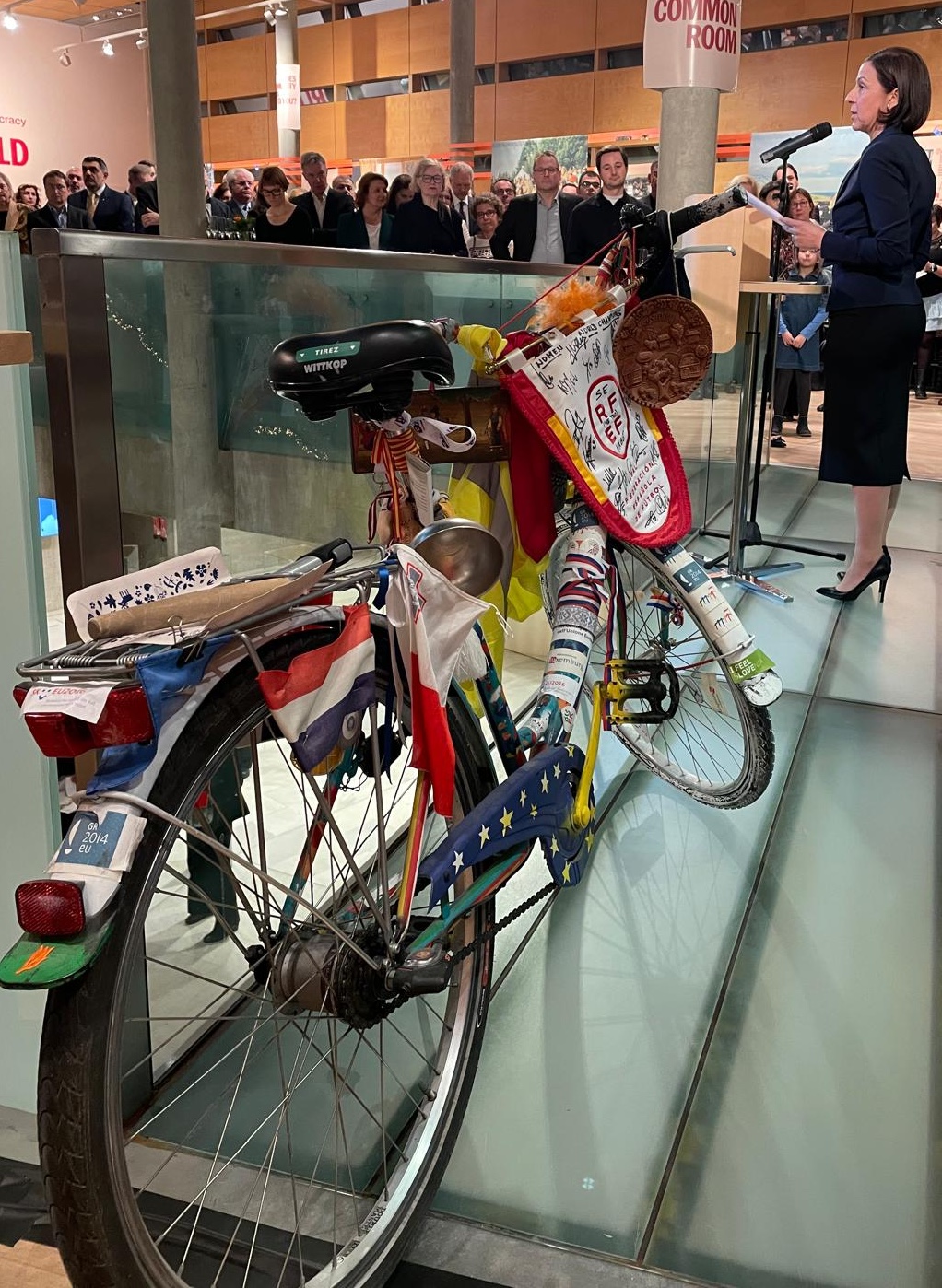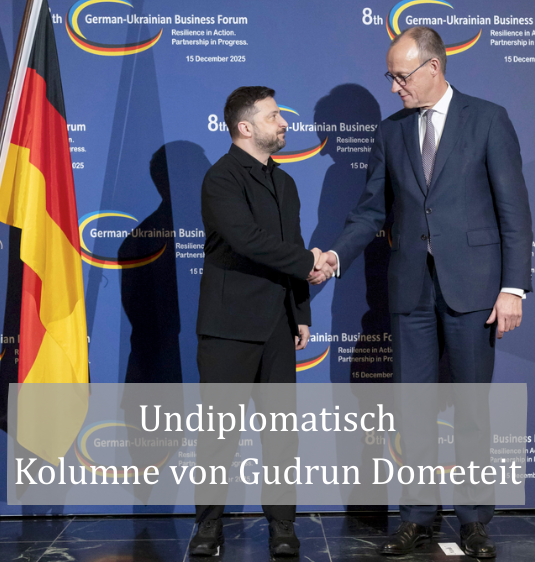diplo.news
Divided nations: a touchstone for diplomacy

Foreign countries often ask what the main reasons were that led to German unification. This is especially true for South Korea. Werner Pfennig lists ten main reasons that apply to Germany and then summarize that all ten points do not apply to Korea. While Germany is still struggling for internal unity, in all other cases it is unclear whether there will be a bitter end or a happy outcome — or whether the status quo will continue for a long time.
Of course, the various divisions are not so easy to compare. Despite the division, the People's Republic of China and Taiwan are economically intertwined. North and South Korea are brutally separated in every respect. The division of Cyprus — the Mediterranean island looks back on this state of affairs for fifty years — appears to be stable, although the Greek and Turkish parts are in contact with each other. The division of Germany was complicated, yet there were contacts and occasional cooperation. Incidentally, divided Ireland does not appear in Pfennig's book.
As far as Korea is concerned, Pfennig believes that although the USA still has the key to regional security in East Asia, China's importance is growing. “Perhaps Korea is now like a bank vault that can only be opened with two keys at the same time. ”
What could be a teaching example for diplomats is the 15 stages of normalization processes, which Pfennig — despite many differences in case studies — plausibly summarizes. The stages always start with hostilities, threats and deterrents. There is no will for a compromise, a “third way.” This is followed by camp formation, sanctions and internalized mistrust. At some point, you make an effort to communicate, even if the contacts are not reliable and fragile. Hidden, confidential channels of conversation, “back channels”, in which particularly complicated cases are communicated without public attention, are important here.
This can be followed by economic contacts that are pioneers of political developments. The normalization process can continue in many stages until semi-official negotiations and finally contractual protection of cooperation take place. The 15 stages, however different they may be applied in a specific case, are intended to inspire diplomats to develop imagination in seemingly hopeless situations.
The book has 642 pages and is anything but superficial. It is scientifically precise and yet understandable and very easy to read. The reader benefits from the fact that Werner Pfennig has spent his entire life dealing with divided nations — not only as a scientist, but even with a personal connection. He is a Berliner born in Silesia. He attended school in both parts of the city. The experiences in the walled half-town were formative for him throughout his life. The division was a constant topic and often also caused him practical and personal problems, as he writes in the preface. He was also involved in the topic as a university lecturer. He was more concerned with the divisions in East Asia (China, Taiwan, Korea), “because I was pretty sure that I would not live to see German unification.”
For several decades, he dealt with divided nations, in particular with the problem of normalization when it was clear that rapid reunification could not be achieved. He followed the topic in libraries and archives, international conferences and numerous discussions with politicians, diplomats and academic colleagues.
Pfennig admits that in the cases he has dealt with, it is not certain how things will turn out. Bold predictions can turn into embarrassing miscalculations. In any case, the German situation is relevant for other affected countries. Not only for the question of a normalization process, but also vice versa. For example, if North Korea wants to learn from German unity what existential mistakes the GDR made and Pyongyang therefore wants to avoid.
Ewald König

Werner Pfennig, “Divided Nations. Comparing Germany, China, Taiwan, Korea and Cyprus”
Verlag From Gruyter Oldenburg, ISBN 978-3-11-143204-1
1st edition July 2024
642 p., hardcover
59.95€




